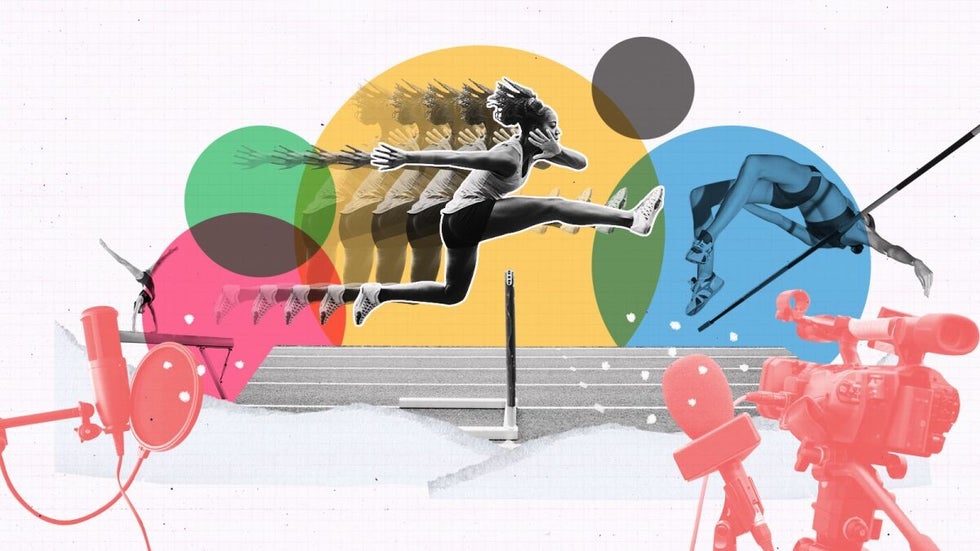
Have you been a victim of sexism? By definition, sexism is prejudice, stereotyping, or discrimination based on sex. Throughout the 20th century, sexism seemed to dissipate. From universal suffrage protests to legislation such as the Sex Discrimination Act 1975. So, why is sport still so sexist?
As the 21st century materialized, equality seemed to become normality. From the FA taking direct responsibility for women's football in 1993, to the first recorded women's rugby match in 1962. However, through conducting a local survey, the data demonstrated that by the age of sixteen, 85% of individuals had experienced some form of sexism. My question is: why? Is it the education system? Why have we gone one step forward and two steps back?
A huge factor of gender divisions within sport stems from education. When interviewing a group of local sports science students, multiple stated that from an early age boys and girls had been separated within various sports due to ‘roughness’. Others stated that when attending enrichment, the separation of gender was normalised and as a result ‘masculine’ and ‘feminine’ sports became standard. When interviewing a student at a local school, he stated “There is such a stigma towards people who play a sport that has opposite gender connotations. I have always had someone make comments towards me dancing.” The young man stated that after college he intended to pursue a career in dance yet fear about consistent backlash resulted in him reconsidering his career path. Sexism within sports can manifest in various ways. The only way to quash gender disadvantages is to tackle behaviour that influences sexist views within the early years.
As well as national sexism, the mass online comments during the epoch of the 2022 Women’s European Championships demonstrated that sexism still lingered internationally regarding sport. This was closely confirmed by the recent Jenni Hermoso incident at the Women's Football World cup, when after receiving her medal, she was un-consensually kissed by Luis Rubiales (the President of Spanish Football Federation). Hermoso stated that the kiss left her feeling “vulnerable” and “a victim of aggression”. This incident further portrayed that many individuals regarded women's sports as an instrument of sexualisation, as a result illustrating that the modern Female Sport Federations were predominately built on sexism.
In conclusion, a large issue within sports today is the systematic sexism. This disallows both men and women to compete to their full potential due to socially constructed setbacks. Addressing sexism within sports involves promoting equal opportunities, challenging stereotypes, and advocating for fair treatment and representation at all levels of competition.

